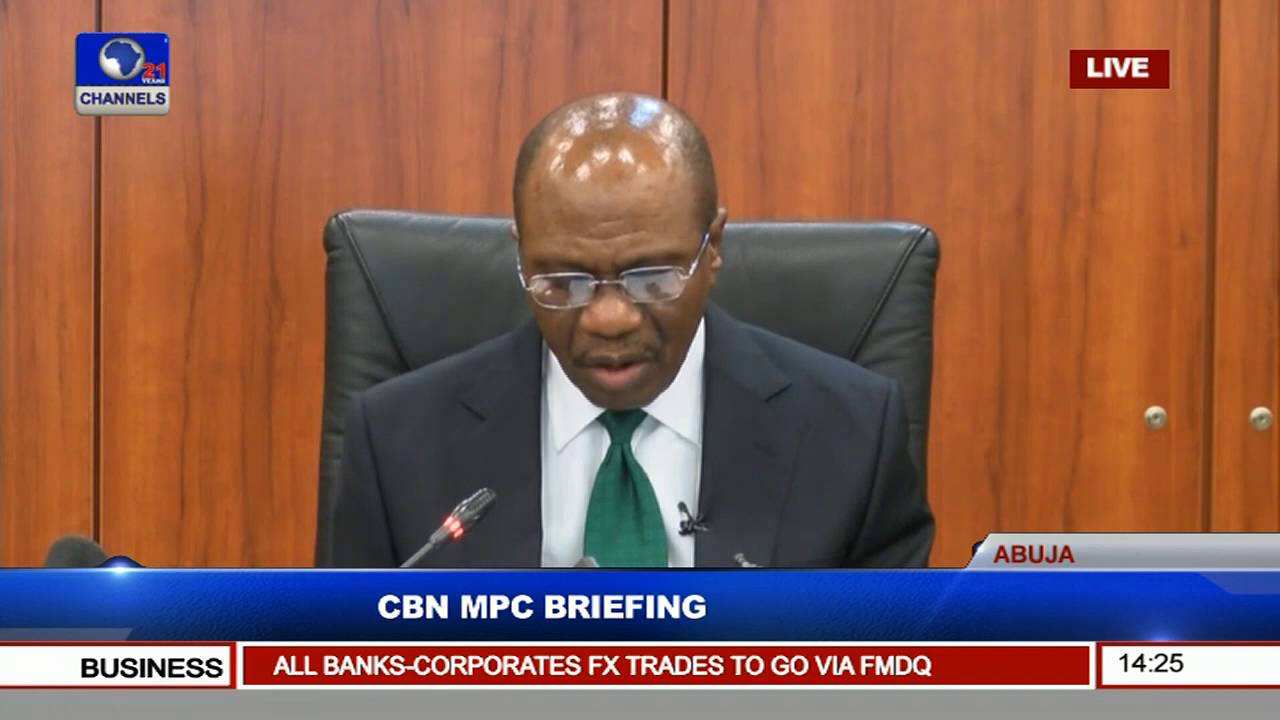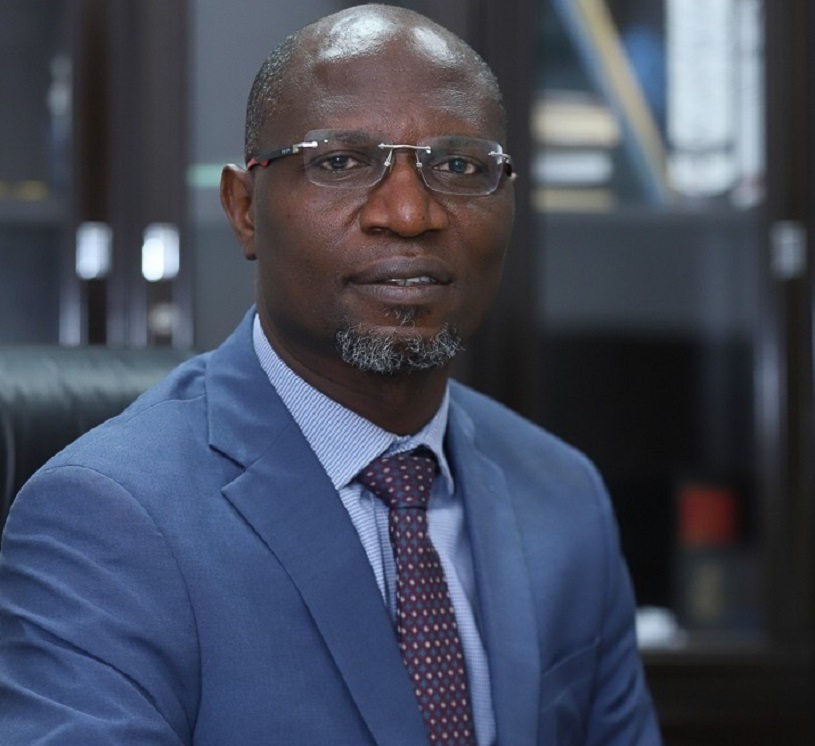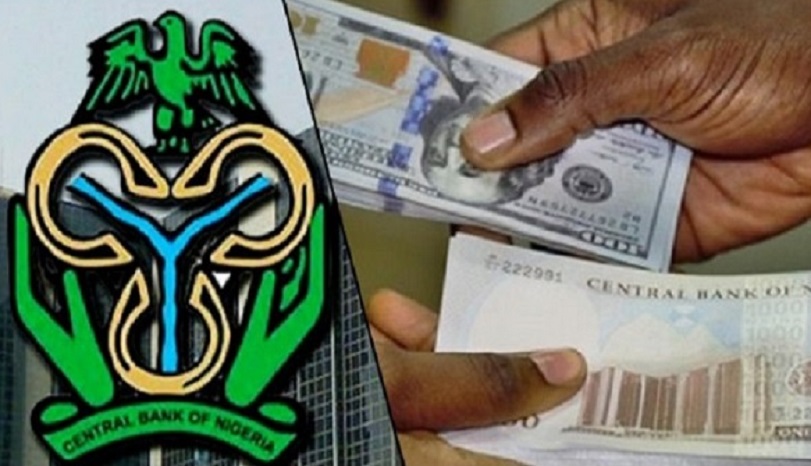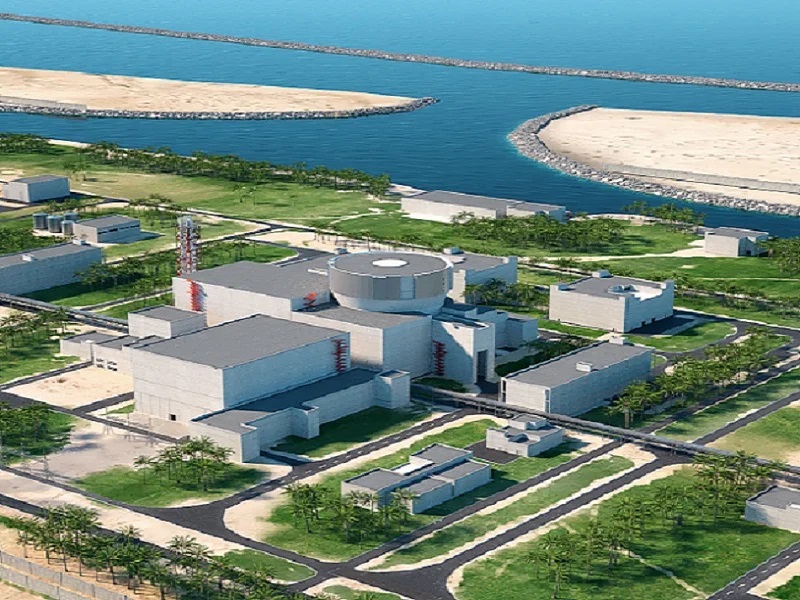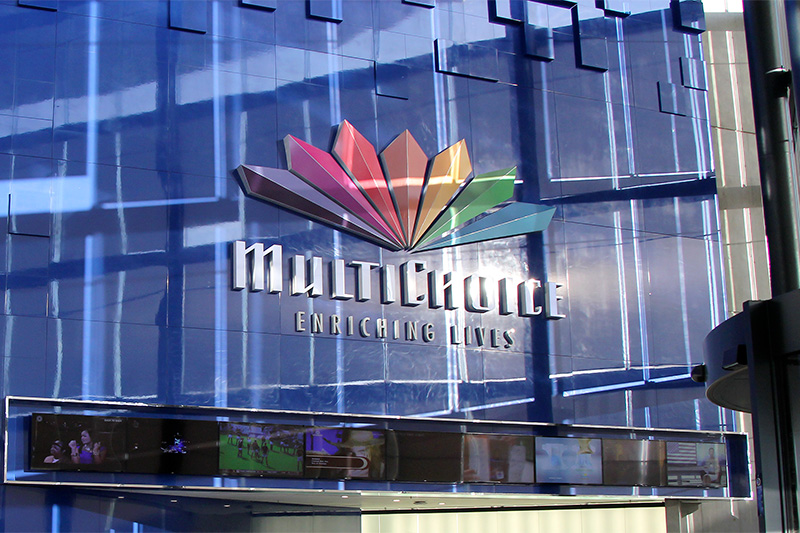By Modupe Gbadeyanka
With just two weeks left to the first meeting of the Monetary Policy Committee (MPC) meeting this year, it is not certain if the meeting will hold.
This is because the committee lacks the quorum to seat and the Senate, which is to screen and confirm nominees to fill the vacant positions, has refused to carry out this duty because of a face-0ff with the executive arm of government.
The MPC meeting is organised by the Central Bank of Nigeria (CBN) and it uses it to formulate monetary policies and set interest rates.
The committee comprises the CBN Governor, who acts as the chairman; the four deputy governors of the apex bank; two members of the board of directors of the chief lender; three members appointed by the President; and two members appointed by the Governor.
At the moment, eight positions on the 12-member committee are vacant, making it impossible for the committee to form a quorum.
With the crisis on ground, investors are already getting worried where this could lead the nation’s economy to.
Business Post gathered that investors and observers want the Senate and Presidency to quickly resolve the issue so as not to put the recovering economy into another crisis.
“It is a bad signal to investors. If the meeting fails to hold later this month, be rest assured that it would have a negative effect on the economy because it would surely bring panic amongst us,” an investor, Mr Sunday Akinremi, told Business Post on Monday.
The Senate is expected to resume from its recess on Tuesday, January 16, 2018, while the MPC meeting is scheduled to hold a week after.
According to a report by ThisDay, a Senator, who spoke on the condition of anonymity on Sunday, maintained that the position of the upper legislative chamber remained unchanged until the impasse regarding the nomination and non-confirmation of the acting chairman of the Economic and Financial Crimes Commission Crimes Commission (EFCC), Mr Ibrahim Magu, was resolved.
The lawmaker also said the Senate had resolved to seek legal interpretation of a comment made by Vice-President Yemi Osinbajo that the position of the EFCC chairman does not require the confirmation of the Senate, as it was not specified in the constitution.
As a result of Mr Osinbajo’s remark, the Senate had resolved to suspend the confirmation process for all nominees of the president not specifically mentioned in the 1999 Constitution, but are provided for in the establishment Acts of several agencies of the federal government such as the CBN, FIRS, NCC, and others.
The source explained: “What we are saying is that there is a need to test this in court. Since the vice-president, who is a lawyer, can pronounce that Magu does not need Senate confirmation and that his nomination should not have been sent to us in the first instance, then we queried why that of the MPC members were sent to the Senate.
“After all, the appointment of MPC members is also not contained in the constitution. So why was it sent to us? If we decline confirmation, would the executive not still interpret it the way they have chosen to interpret the issue with Mr Magu?
“Just like the EFCC chairmanship, the members of the MPC are not mentioned in our constitution.”
However, the lawmaker pointed out that the Senate has been confirming nominees of the president specifically mentioned in the constitution such as officials of the Independent National Electoral Commission (INEC).
When contacted, the spokesman of the Senate, Mr Sabi Aliyu Abdullahi, could not be reached for his reaction, as his mobile phones were switched off.
In a recent interview, he had told THISDAY that the resolution of the Senate was still in place until the impasse regarding Mr Magu was resolved.
The President had in October nominated Mrs Aisha Ahmad as deputy governor of the CBN to replace Mrs Sarah Alade, who retired from the Bank last June.
He also nominated Professor Adeola Festus Adenikinju, Dr Aliyu Rafindadi Sanusi, Dr Robert Chikwendu Asogwa and Dr Asheikh Maidugu as members of the MPC to fill the positions of four others whose tenure expired at the end of last year.
Similarly, the president had nominated five non-executive directors for the CBN, who have also not been confirmed by the Senate.
Meanwhile, Mr Suleiman Barau, another deputy governor of the central bank, who is also a member of the committee, retired last month.
The president is yet to name a replacement for him.
The delay in confirming the MPC nominees has led to uncertainty over the January meeting of the committee, which has operational independence in setting interest rates as well as formulating monetary policies for the country.
Speaking on the issue Sunday, a senior CBN official who pleaded to remain anonymous, said the matter was beyond the CBN.
She explained: “The CBN is not in a position to push for the confirmation of the nominees. It is something between the presidency and the Senate.
“We would have loved to get the confirmation so that our MPC and even the Board of Governors would be up and running.”
When asked about the likely implication of not holding the meeting, the CBN official said: “The implications are very clear. Apart from being a national disgrace, it would be an international embarrassment that the CBN cannot hold its MPC because of the lack of quorum. I don’t think it has ever happened to any country.”


